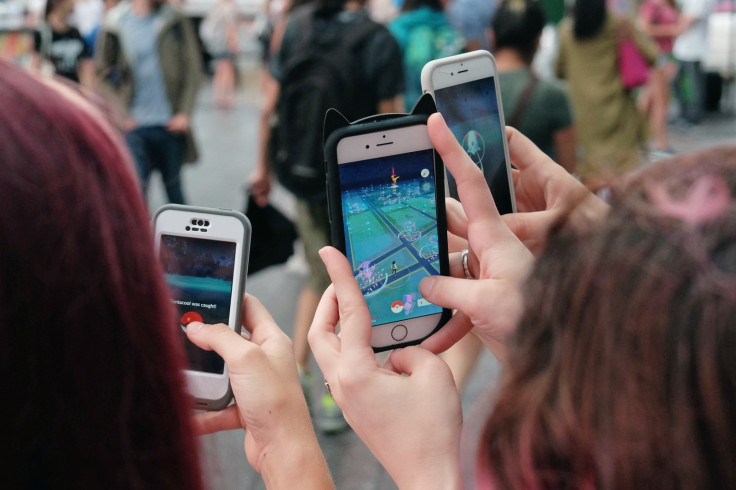Razer CEO raps Singapore government for its 'schizophrenic attitude' to gaming and Pokemon Go
'Stop being a Jon Snow and learn to keep an open mind,' Razer's CEO Tan Min-Liang says.

Continuing its rollout into new territories across the globe, smash hit mobile game Pokémon Go has become a global phenomenon in the few weeks since its release. However, not every country is as thrilled with the augmented reality game as its adventurous fans.
Gaming hardware and software company Razer's CEO Tan Min-Liang has sharply criticized the Singapore government for its recent comments on the GPS-powered game that they say "should be closely monitored" for its potential impact on society.
Minister for Communications and Information Yaacob Ibrahim said on 24 July that the government needs to be especially careful when monitoring anything that is brought into Singapore, particularly the popular game.
"We will monitor the situation, how this particular game is being played and... its impact on society," Ibrahim told reporters at the National Deaf Games at the Singapore Badminton Hall, the Straits Times reports. "And if it's really something which we should be concerned about I think MDA (the Media Development Authority) will definitely decide on what are the things we can do best, if the game is really needed here, how... we can do it in such a way that it becomes a win-win situation."
In response, Min-Liang took to Facebook to post his own thoughts on the official's "schizophrenic attitude" towards both the game and Singapore's gaming industry as a whole.
"Back in the day, the censorship board arbitrarily banned Counterstrike for 'excessive violence' - and banned Mass Effect because a blue skinned alien woman could kiss another woman (homophobic much?)," he wrote on 25 July. "Fortunately both bans were lifted after much outcry from the gamers - but hey, if they weren't, think about how some of the biggest games in the world would've been banned in Singapore."
As a Singaporean, I've been incredibly astounded at the schizophrenic attitude the Singapore government has to gaming....
Posted by Min-Liang Tan on Sunday, July 24, 2016
He also slammed the government for its "contradictory" attitude on wanting to develop the country's creativity scene and support the gaming industry whilst attempting to ban various games that may offend local sensitivities.
"In case you missed it, gaming is an art form, it's also now the biggest medium for creative expression — far outstripping movies and music," he wrote. "And try as you might, you're not going to get very far censoring and banning games willy-nilly because games will always find a way — to game (ba-dum-tss) the system."
Currently available in over 35 countries, including its Asian debut release in Japan and Monday's (25 July) launch in Hong Kong, Pokémon Go has not been released in Singapore yet.
"Just a tip from a Singaporean who knows a little about gaming, stop being a Jon Snow and learn to keep an open mind - there's no point over-regulating in an industry you know nothing about," Min-Liang said. "So slowly put down the pitchfork and walk away, learn from the past mistakes made with Half Life and Mass Effect - there's really nothing to regulate here."
Even as some commentators on his Facebook post said they wouldn't mind their gaming options being regulated, Liang Tan said in a second post that while the government is doing a good job in general, he isn't willing to compromise on monitoring and censorship of games.
"I'm generally happy with how the Singapore govt runs things - I think they've done a great job in general actually," Min-Liang said in a second post. "But that doesn't mean I'm going to suck it up when they suggest inane things like monitoring or censoring games."
Meanwhile, some countries in the Middle East have warned Pokémon Go fans against some of the dangers that come with playing the game.
While Kuwait's interior ministry cautioned fans against taking pictures of local security sensitive areas such as the Kuwaiti Emir's palace, oil facilities and military bases, the United Arab Emirates (UAE) has warned residents about possible security and privacy risks that come with playing the game.
© Copyright IBTimes 2024. All rights reserved.





